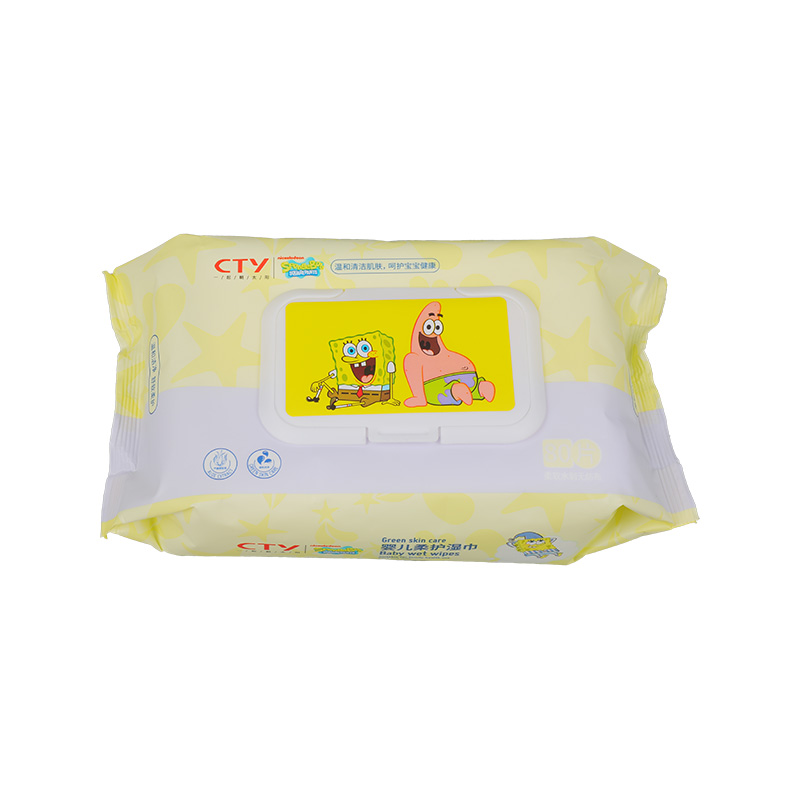How do baby mouth and hand wipes compare in terms of antibacterial protection to regular towels?
When comparing baby mouth and hand wipes to regular towels in terms of antibacterial protection, several key differences and advantages come into play:
Antibacterial Protection
Baby Mouth and Hand Wipes
Infused with Antibacterial Agents: Many baby wipes are formulated with safe, mild antibacterial agents that actively kill or inhibit the growth of bacteria.
Immediate Effectiveness: The antibacterial ingredients in wipes work immediately upon contact, providing instant antibacterial protection.
Uniform Application: The consistent formulation ensures that each wipe delivers a uniform amount of antibacterial agent, ensuring consistent protection.

Regular Towels
No Antibacterial Properties: Standard towels do not inherently have antibacterial properties unless specifically treated with antibacterial agents.
Risk of Contamination: Towels can become contaminated with bacteria over time, especially when used repeatedly without proper washing. This can potentially spread bacteria rather than reduce it.
Effectiveness Depends on Detergents: Antibacterial effectiveness when using towels depends on the use of antibacterial soaps or detergents during the cleaning process.
Convenience and Usage
Baby Mouth and Hand Wipes
Disposable: Wipes are designed for single use, reducing the risk of cross-contamination and ensuring hygiene with each use.
Portable: They are compact and portable, making them convenient for on-the-go use when access to soap and water is limited.
Ready-to-Use: No need for water or additional products, making them quick and easy to use in any situation.
Regular Towels
Reusable: Towels can be reused, but they require regular washing and proper drying to maintain hygiene.
Less Portable: Carrying towels and ensuring they stay clean while on the go is less convenient compared to disposable wipes.
Requires Additional Products: Effective cleaning with towels typically requires access to water and soap or antibacterial cleaning agents.
Hygiene and Maintenance
Baby Mouth and Hand Wipes
Low Maintenance: No need for washing or drying, reducing the effort required to maintain hygiene standards.
Single-Use: Eliminates the risk of reusing a potentially contaminated item.
Regular Towels
High Maintenance: Requires regular washing at high temperatures to kill bacteria and proper drying to prevent bacterial growth.
Potential for Recontamination: Towels that are not thoroughly cleaned and dried can harbor bacteria and become a source of contamination.
Suitability for Babies
Baby Mouth and Hand Wipes
Formulated for Babies: Specifically designed to be gentle on a baby's sensitive skin and safe for use around the mouth.
Moisturizing and Soothing: Often contain ingredients that moisturize and soothe the skin, such as aloe vera and chamomile.
Regular Towels
Potential for Roughness: Towels can sometimes be rough on a baby’s delicate skin, especially after multiple washes.
Risk of Irritation: If not cleaned properly, towels can harbor detergents or fabric softeners that may irritate a baby’s skin.
Antibacterial Protection: Baby wipes with antibacterial properties offer immediate and consistent antibacterial protection, which regular towels lack unless specifically treated.
Convenience: Wipes are more convenient for on-the-go use, require no additional products, and eliminate the need for washing.
Hygiene: Disposable wipes reduce the risk of cross-contamination and are low maintenance compared to the high maintenance required to keep towels hygienic.
Suitability for Babies: Baby wipes are formulated to be gentle and safe for babies, whereas regular towels may not always be suitable for a baby's delicate skin.
Baby mouth and hand wipes with antibacterial properties generally provide superior antibacterial protection, convenience, and suitability for use on babies compared to regular towels.

 English
English











